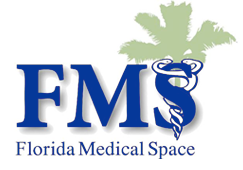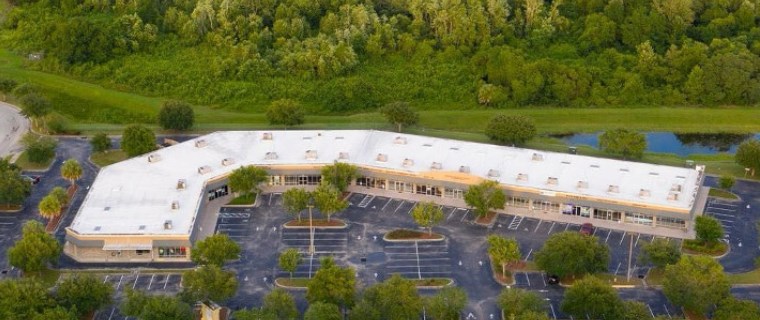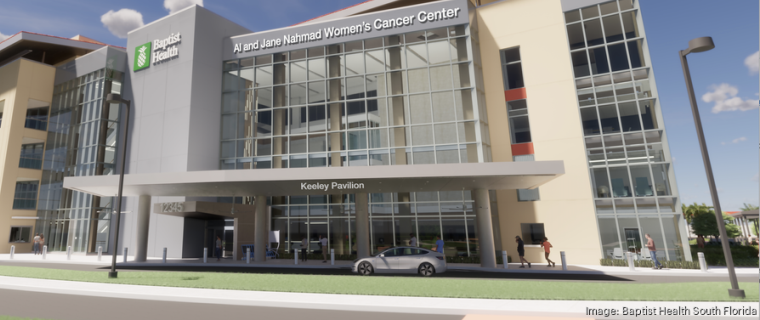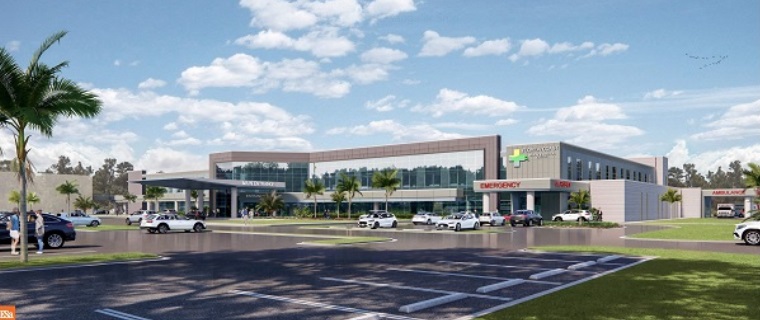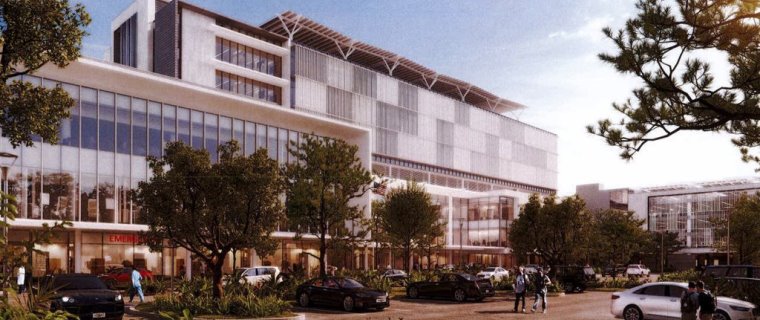As part of the agreement, ChenMed will lease all three buildings for 20 years, with the leases set to expire in September 2044. Additionally, the leases include two options to extend for seven years each.
As the first center of its kind in the region, it reflects a commitment to meet the needs of women, who currently make up 65 percent of Miami Cancer Institute’s patients.
The facility will offer specialized services including 24-hour emergency care, neurosciences, orthopedics, spine, robotics, general surgery, urology, advanced cardiac care and diagnostic services.
The City Commission will consider both the site plan and the special exception to allow a hospital on Sept. 24.
